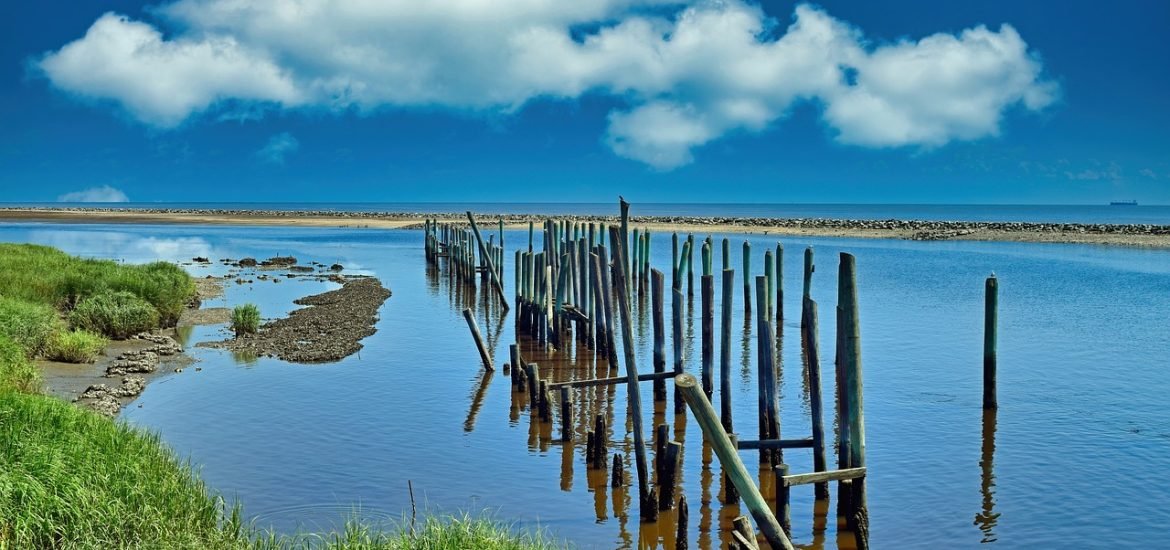
Marine protected areas (MPAs) can protect more than just oceans, seas, and estuaries, according to a study published in the scientific journal One Earth. Researchers know these areas preserve aquatic plants and animals, but the new study found out that the benefits of MPAs go far beyond water environments. In the study, the team from the National Center for Scientific Research, PSL Université Paris, in France, explained how marine protected areas help to sequester carbon and fight climate change.
“Marine protected areas are increasingly being promoted as an ocean-based climate solution. Yet such claims remain controversial due to the diffuse and poorly synthesized literature on climate benefits of marine protected areas,” wrote the authors. “To address this knowledge gap, we conducted a systematic literature review of 22,403 publications spanning 241 marine protected areas.”
The team found that carbon sequestration in MPAs increased significantly in mangroves and seagrass areas after trawling was banned. “Partial or full degradation of mangroves and seagrass both resulted in similar decreases of sequestered carbon, indicating that even low levels of human impact result in important carbon emissions.”
In addition to increasing carbon sequestration, MPAs became more diverse, with increased species richness, and even showed benefits for humans. These areas had greater food security, especially in terms of better fish stocks. The authors also noticed that benefits increased the more prolonged the site had been protected.
“Across all four pathways analyzed, only full and high levels of protection resulted in mitigation or adaptation benefits,” they wrote. “In contrast, low levels of protection generated no benefits. Furthermore, increases in species richness and in fishers’ income only occurred for fully protected areas, where no fishing is allowed.”
Although MPAs cannot compensate for the full impact of climate change by themselves, they are a crucial tool to protect the environment on a larger scale than previously thought. These results now provide the scientific basis for governmental organisations to address the climate crisis.
Jacquemont J, Blasiak R, Cam, C et al (2022) Ocean conservation boosts climate change mitigation and adaptation. One Earth, 5:1126-1138 https://doi.org/10.1016/j.oneear.2022.09.002